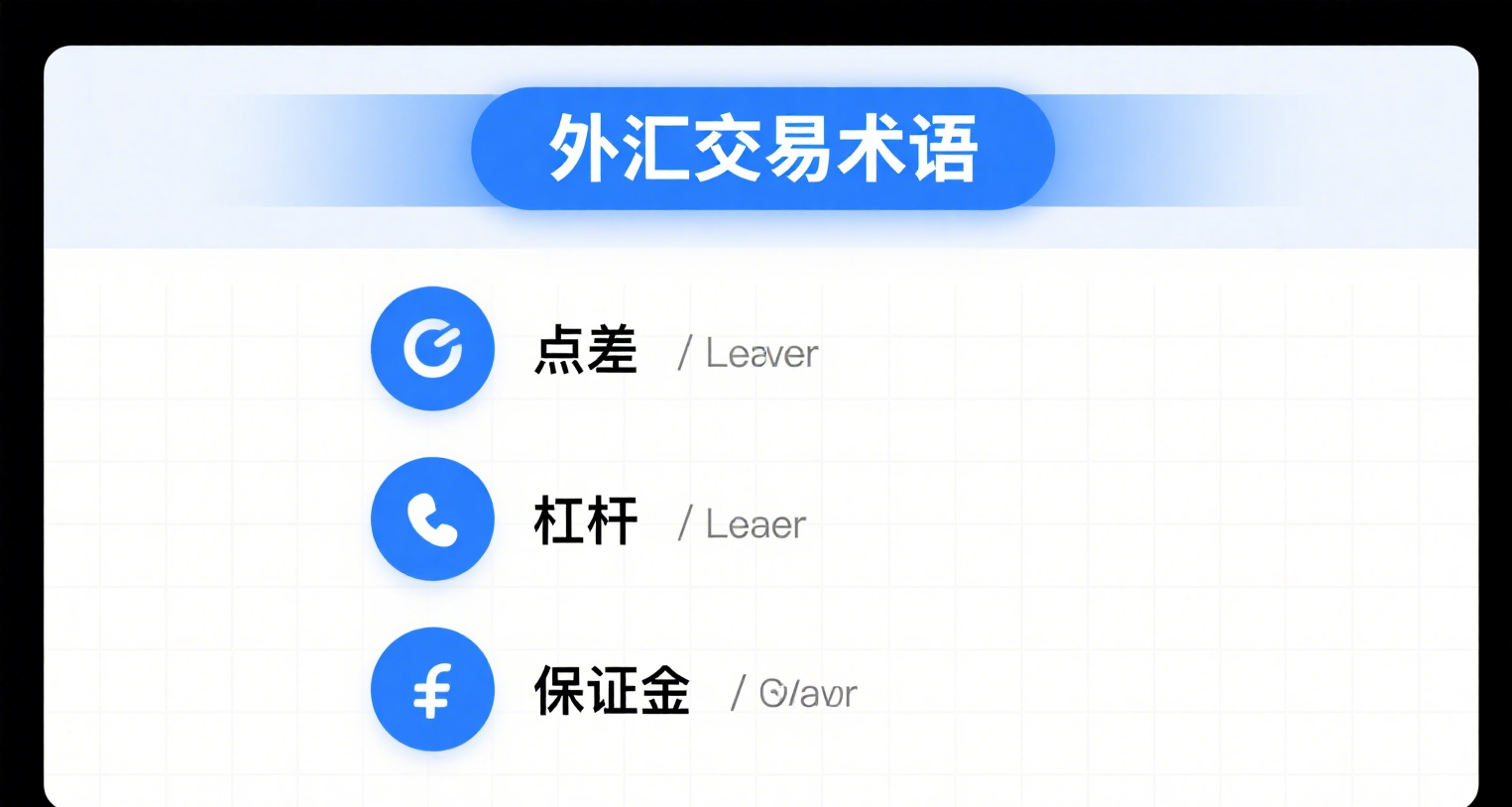
Utility Possibility Frontier
What is the Utility Possibility Frontier?
The utility possibility curve, also known as the utility possibility frontier, represents the maximum satisfaction a consumer can achieve under given conditions while keeping other factors constant. It illustrates the various combinations of maximum utility that society can provide to two consumers under a fixed output of goods or services.
The trade-off relationship between the utilities of two consumers, as shown by the contract curve in exchange, is based on the assumption of a fixed output of goods or services. Therefore, this trade-off can be directly represented by the utility possibility curve.
Corresponding to the production possibility frontier, the utility possibility frontier is a geometric diagram where each axis represents the utility or satisfaction of one (or one group) of two consumers. The curve slopes downward, indicating that redistributing income from A to B will reduce A's utility while increasing B's utility.
Points on the utility possibility frontier represent Pareto-efficient allocations (or Pareto optimality). According to the principle of Pareto efficiency, no method exists on this frontier to improve one individual's situation without worsening another's.
















